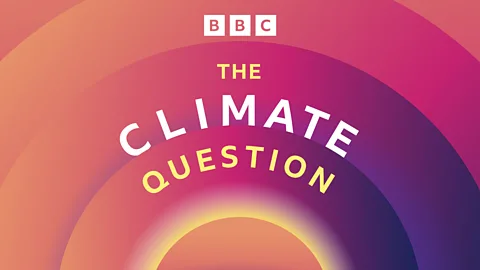
The Climate Question
The Climate Question
Can we feed the world without using chemical fertilisers?
Up next
July 18, 2022
27 minutes
Available for over a year
The development of agriculture some 12,000 years ago changed the way humans live.
As technologies have developed we’ve become more and more efficient at producing large amounts of food and feeding an ever growing population, often with the help of synthetically produced nitrogen fertiliser.
These fertilisers can damage ecosystems. They also produce a potent greenhouse gas called Nitrous Oxide which is 265 times more warming than carbon dioxide. It’s estimated that the manufacturing and use of this fertiliser contributes 2% of global greenhouse gas emissions. But is it feasible to ban synthetic nitrogen fertilisers or would that risk plunging the world into mass food insecurity?
Join presenters Qasa Alom and Graihagh Jackson as they journey from an urban garden in Sri Lanka, where a radical fertiliser ban caused chaos, to eastern Africa where Kenyan farmers are mixing tradition with new technology to try and save the world’s climate, and its soils.
With thanks to:
Dr Rona Thompson, Senior Scientist at the Norwegian Institute for Air research, Norway
Professor Manish Raizada, dept. of Plant Agriculture, at the University of Guelph, Canada
Dr David Lelei, research associate at CIFOR-ICRAF, Nairobi, Kenya
Elijah Musenya, farmer, western Kenya.
And Phelystus Wayeta, for travelling to Western Kenya to report on farmers and farming practices.
Producer: Lizzy McNeill
Reporter: Aanya Wipulasena, Colombo, Sri Lanka
Researchers: Imogen Serwotka
Production co-ordinators: Helena Warwick-Cross , Siobhan Reed.
Series Producer: Alex Lewis
Editor: Richard Fenton-Smith
Sound Mix: Tom Brignell
